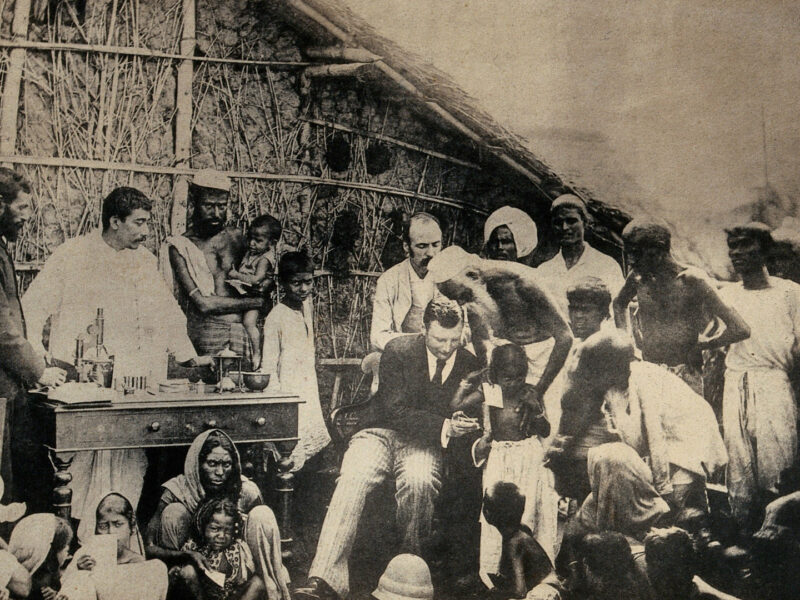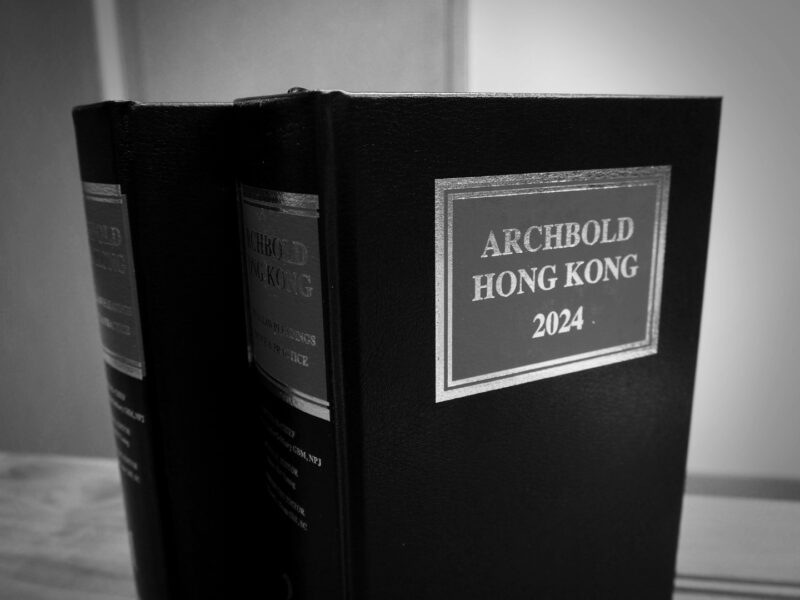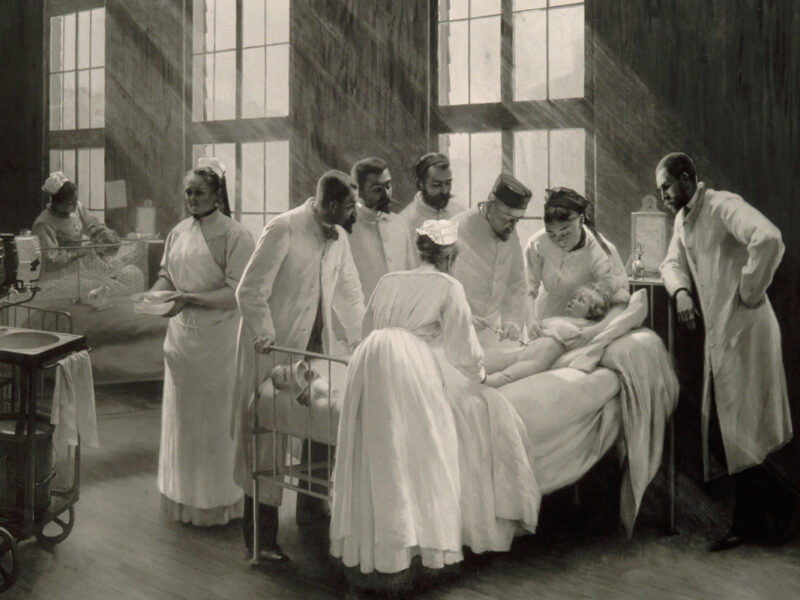Pathologists play an essential role in the death investigation system in Hong Kong. A pathologist performing an autopsy is under a special duty to the Coroner’s Court.
The University of Chicago and the Hong Kong Academy of Medicine recently held a medical conference titled “Medical & Surgical Decisions in Critically Ill Patients”. At this conference, different aspects of complex ethical issues were discussed. One interesting issue emerged while discussing a problematic scenario, which is simplified as follows:
A patient is critically ill from an HIV infection. Due to its sensitive nature, he does not wish to disclose this fact to his family even after his death. The patient expressed this wish to his care team.
The care team would undoubtedly be put in a difficult position. However, in dealing with this situation, a doctor should understand a pathologist’s role when a patient is deceased. Whether autopsy was waived or not, a pathologist would have to certify the cause of death with reference to the medical records. Such records would inevitably be made available to the patient’s family.
On the other hand, it is ill-advised for the pathologist to state the cause of death vaguely in the records, as the death must then be reported to the Coroner and the Police. Under Section 4 and Schedule 1 of the Coroner’s Ordinance (Cap 504), it is a reportable death for:
Any death of a person where a registered medical practitioner is unable to accurately state the medical cause of the death in the certificate of the cause of death.
Some might consider rendering two reports, where one provided to the family would contain vague references to HIV. This is also ill-advised as the existence of two documents, each purporting to describe the cause of death but in different manners, may raise unnecessary alarms and confusion to the family and the Coroner.
In such a case, patient counselling is essential to explain the inevitable disclosure. The Code of Professional Conduct of the Medical Council of Hong Kong provided some guidance under paragraph 34. While the patient’s dignity is respected, a doctor should still exercise careful judgment and seek advice and reference as necessary:
34. Care for the terminally ill
34.5 Doctors should exercise careful clinical judgment and whenever there is disagreement between doctor and patient or between doctor and relatives, the matter should be referred to the ethics committee of the hospital concerned or relevant authority for advice. In case of further doubt, direction from the court may be sought, as necessary.
34.6 Doctors may seek further reference from the Hospital Authority, the Hong Kong Medical Association and the relevant colleges of the Hong Kong Academy of Medicine.
While end-of-life care may pose difficult ethical and legal issues for the medical team, good communication and understanding of the death investigation framework are always a doctor’s key assets in handling the situation.
Gordon Chan, Esq
Barrister-at-law, Archbold Hong Kong Editor on Public Health, and Member of the Bar Association's Committee on Criminal Law and Procedure. Specialised in medical, technology and criminal law.



